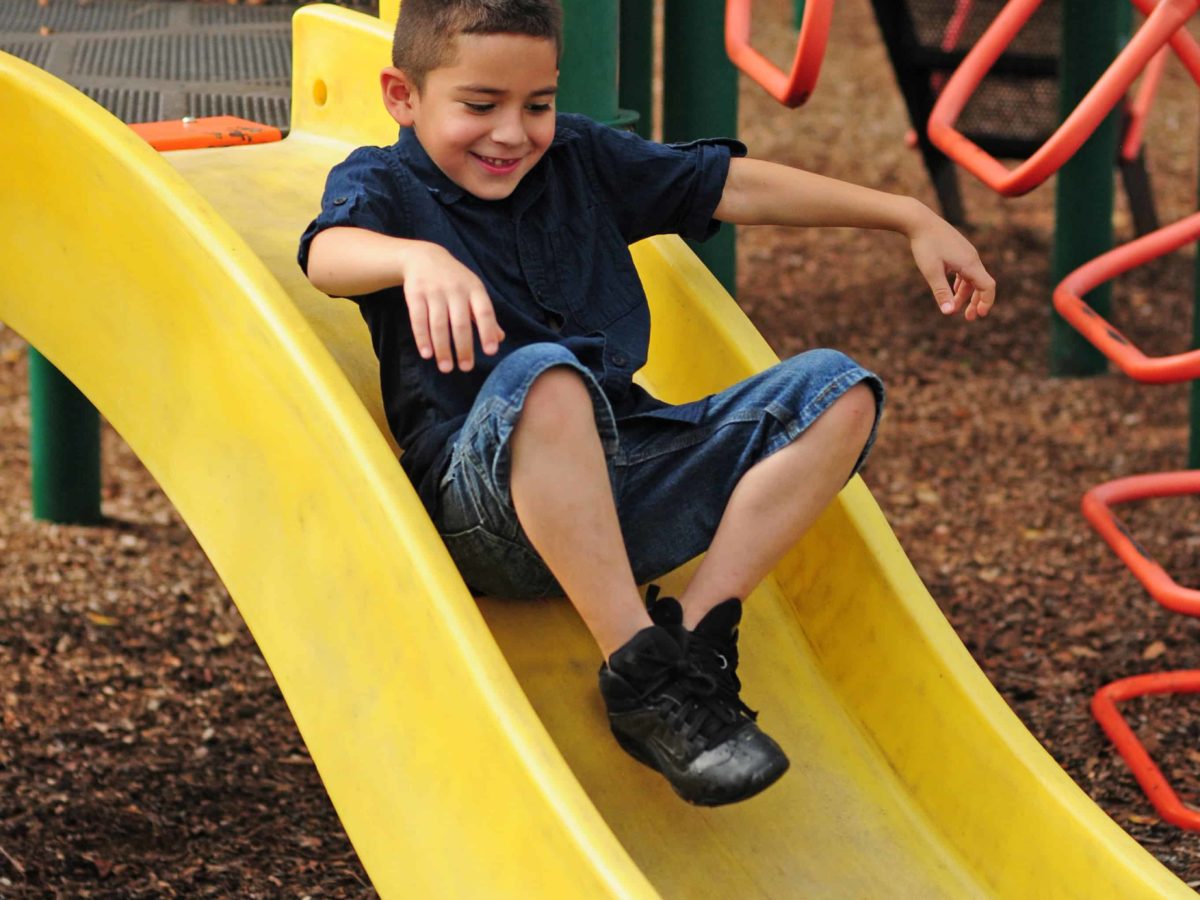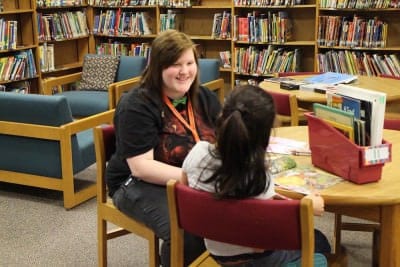

Summer vacations are underway and many students across North Carolina are enjoying the beach and taking family trips. At the same time thousands of our students, particularly those from lower income homes, are falling further and further behind in their academic achievement.
This phenomenon is commonly referred to as the summer slide.
In recent years, we have witnessed that over 60 percent of our 4th grade students are not reading on grade level. A large percentage of these students are coming from backgrounds that place them at higher risk for academic challenges because of family economic status.
Over and over in the research, the correlations between poverty and a child’s academic achievement have been well established. Recent reports, like the Kids Count Databook from Annie E. Casey Foundation and NC Child, indicate that childhood poverty is on the rise in our state. Now more than 25 percent of our children are living in poverty. This equates to more than 589,000 children, with 260,000 of our young people living in extreme poverty according to this same report.
Literacy must be a core competency that all of our students acquire, and with so many of our students out of school for the summer without access to books and other reading materials, there is often a loss of academic growth. With such high rates of childhood poverty in North Carolina, studies show that this summer slide actually results in a widening effect in the achievement gap. Researchers, such as Dr. Jimmy Kim from Harvard, have suggested that during the summer break, students on average experience a three-month gap in their reading progress, particularly those from lower income homes. With 40 percent of our minority students living in poverty in our state, the correlation to long-term academic achievement can be quite damaging, when access to strong literacy strategies are absent during summer months.
Realizing that poverty is a barrier in many cases, North Carolina is adopting bold efforts to mitigate this challenge and its effects on reading proficiency. We are experiencing policies aimed at addressing early grade-level reading through additional literacy strategies, including the adoption of summer reading programs for those students in need of greater intervention. Though these policies are still in their early implementation, there is hope that they will help to remedy some of the achievement gap that is hampering so many student’s ability to reach their full potential in school and life.
As our educational system continues to evolve, and both state and national policies work to address the achievement gap, it will be important that strategies also focus on confronting the summer slide. Creating the next generation of our workforce in North Carolina means that we must confront the summer slide hurdle or the gap between students ready for life after school and the jobs that need high skill levels will continue to grow.
Summer interventions that aim to encourage reading in the home show promise at breaking down the achievement barriers. Such interventions align books with an individual student’s interests and ability, while engaging other literacy strategies developed by teachers that can be implemented by parents and family members.
North Carolina can serve as the nation’s leader in addressing the achievement gap for all students when all groups that educate our children adopt effective strategies to keep needy children reading throughout the summer and limit the beginning of school time dedicated to remediation because of an ever-widening achievement gap .


